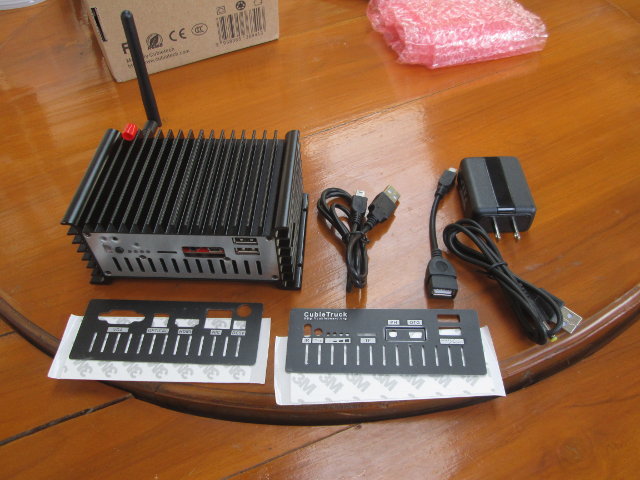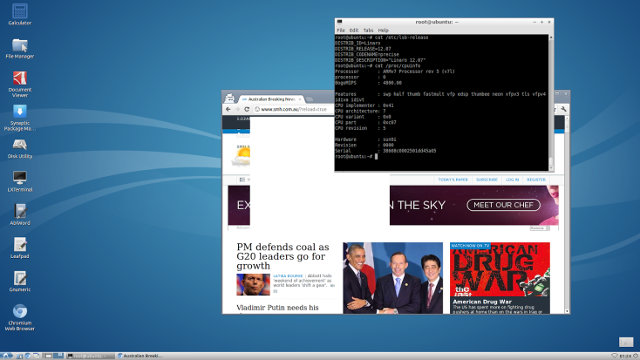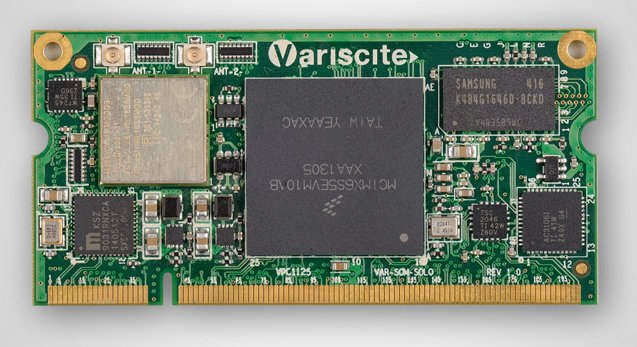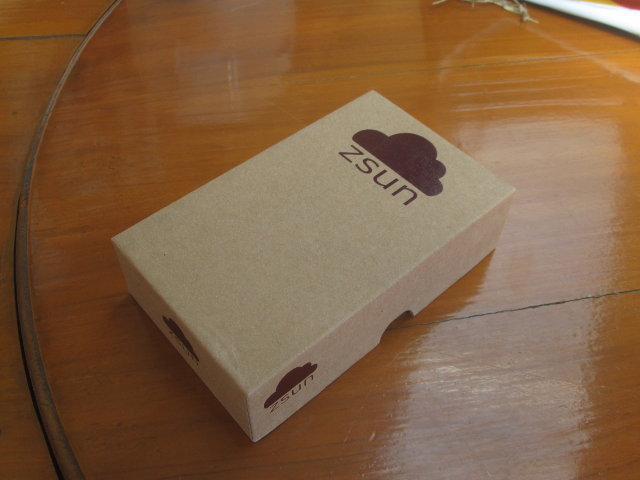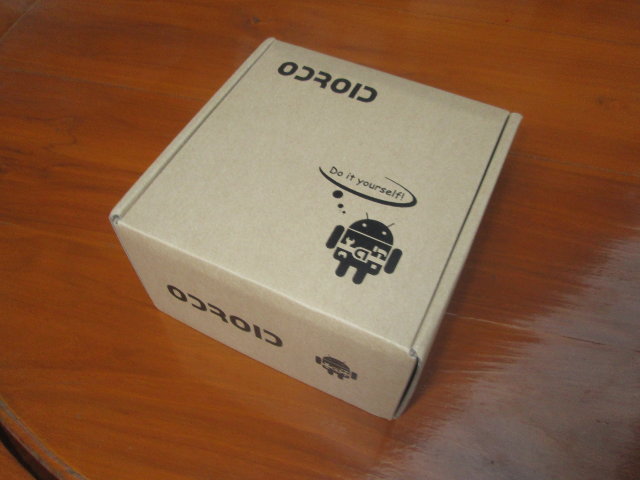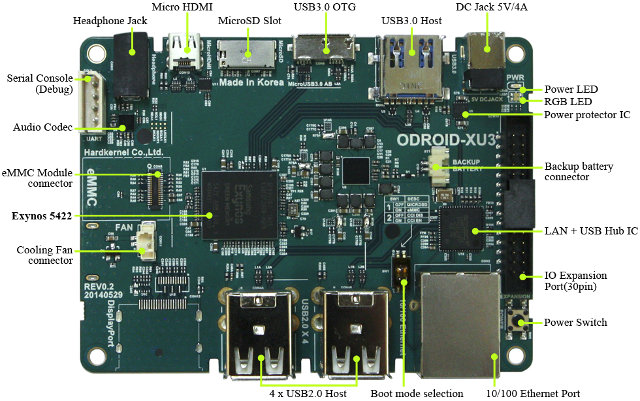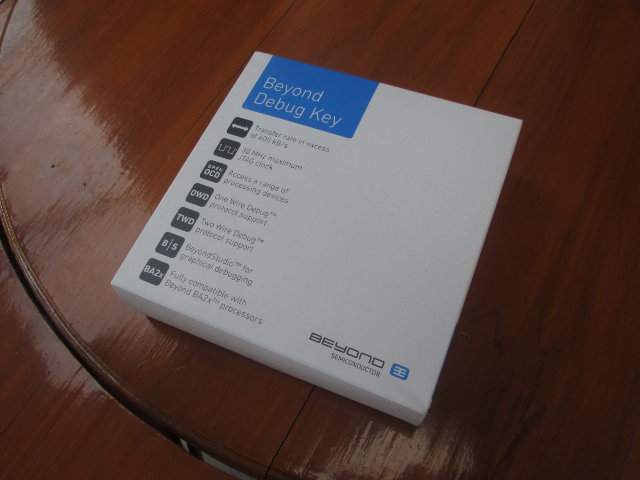CubieTruck Metal Case is a kit comprised of CubieTruck (aka CubieBoard 3), a 128GB SSD, a 5,300 mAh battery, a power adapter, and various cables. In case you are not familiar with CubieTruck, it’s a development board by CubieTech, based on Allwinner A20 dual core ARM Cortex A7 processor with 2GB RAM, 8GB NAND flash, a SATA connector, HDMI & VGA outputs, Gigabit Ethernet, 2 USB host ports, and a mini USB OTG port. CubieTech decided to sent me a kit, as it was featured on CNX Software, and today, I’ll show what’s exactly is inside the kit since the product description is not 100% clear. I’ve been told it’s pre-installed with Lubuntu, so in a separate post next week, I’ll try Linux, report on the SSD performance, and check the battery UPS function, and possibly life on a charge. CubieTruck Metal Case Unboxing I’ve received the kit in a […]
How-to Install Ubuntu on Allwinner A80 Powered pcDuino8 and A80 OptimusBoard
Last month, pcDuino released Android 4.4 and Ubuntu images for pcDuino8 board powered by Allwinner A80 octa core processor, and since it’s the same board layout as A80 OptimusBoard, I decided to try it out, but it failed as the update script would try to flash it to a partition that’s too small for the root file systems. But last week, Ian Morrison and Minidodes gave it another try, and successfully booted Ubuntu, or more exactly Lubuntu, on A80 OptimusBoard. Both their screenshot reports sun9i platform in /proc/cpuinfo, so that’s definitely Allwinner A80, but only one core is shown. I’m not sure if it’s because the other are idled and don’t show, or for some reasons, the kernel only supports one core at this stage. Anyway, here’s how they did to install Lubuntu: Flash the kernel (pcduino8_kernel_livesuit_20141008.img) with PhoenixCard or Livesuit first. See instructions to use Livesuit with A80 OptimusBoard. […]
Avionic Design to Introduce Embedded Nvidia Tegra K1 Processor Module
Avionic Design, a German company specializing in the development and production of electronic components for the embedded, avionics, and healthcare market, has been working on an Nvidia Tegra K1 system-on-module (SoM) , using the quad core version of the processor, with 2GB RAM, and 16GB eMMC, putting most features found in Jetson TK1 development board into a 70×50 mm module. Nvidia Tegra K1 CPU module specifications: SoC – Nvidia Tegra K1 quad core Cortex A15 processor up to 2.2 GHz with Nvidia Kepler GPU with 192 cores up to 450 MHz System Memory – 2 GB DDR3 (1833 MHz) Storage – 16GB eMMC + SATA & SD/MMC via SoM connectors Interfaces: Video In – 2x 4-lane CSI Video Out – HDMI 1.4b, eDP, two 4-lane DSI Audio – 2x I2S, S/PDIF In and Out High Speed I/O PCIe 2.0 1x, PCIe 2.0 4x 2x USB 3.0, 2x USB 2.0 host, […]
Variscite VAR-SOM-SOLO is a Tiny System-on-Module Based on Freescale i.MX6 Solo Processor
Freescale will soon announce i.MX6 SoloX dual core processor with ARM Cortex A9 and M4 cores, and dual-port gigabit Ethernet, but companies still design and manufacture new Freescale i.MX6 Solo/Dual/Quad based hardware for their mostly industrial customers. Variscite has recently launched a smaller version of their VAR-SOM-MX6 system-on-module called VAR-SOM-SOLO powerd by Freescale i.MX6 Solo processor with up to 1GB RAM, up to 512MB NAND flash for boot code, up to 64GB eMMC flash for storage, and TI WiLink8 module with Wi-Fi and Bluetooth Smart. Variscite VAR-SOM-SOLO technical specifications: SoC – Freescale i.MX6 single core ARM Cortex-A9 core @ 1.0GHz with Vivante GC 880 + Vivante GC 320 GPU, and VPU supporting 1080p30 H.264 encode and decode. System Memory – 256MB to 1GB DDR3 RAM Storage – 128MB to 512MB NAND flash for boot code, 4GB to 64GB eMMC flash, and SD/MMC via edge connector Video Output / Display Interfaces: […]
Zsun SD111 Wireless USB Flash Drive Review
Zsun SD111, SD112 and SD113 are Wi-Fi / USB flash drives with respectively 8GB, 16 GB and 32GB storage. GearBest sent me the 8GB version (SD111) for review, as it could be an interesting platform to hack. I’ve take picture of the device, take it apart to check the board, review quickly the standard features with Android and Ubuntu, and try to access the board from the network. Zsun SD111 Unboxing I received the device in the following package. The flash drive comes with a micro USB to USB cable for charging and accessing the device from a computer, and a user’s manual in Chinese. You’ll probably prefer using a soft copy user manual in English… Zsun SD111 Board and Battery To open the stick, insert a sharp and thin object in the hole for the neck strap, and push upwards to lift the top cover a little, and finish […]
Unboxing of ODROID-XU3 Lite Exynos 5422 Development Board
Hardkernel recently unveiled a low cost version of ODROID-XU3 board powered by Exynos 5422 SoC, and selling for $99 instead of $179 with the original version that adds a DisplayPort connector, current and voltage sensors, as well as a faster CPU frequency (2+ GHz vs 1.8 GHz). The company sent me a sample for evaluation, so today I’ll take some pictures of the ODROID-XU3 Lite kit, and I also planned to show a Linux demo, but unfortunately my board appears to have an hardware glitch with HDMI output not working, so I’ll still show some info from the first boot, but that’s just an headless system. Anyway, I’ll soon receive a replacement unit, and I’ll be able to test Lubuntu and Android in more details later. ODROID-XU3 Lite Unboxing Hardkernel sent the parcel on Thursday by UPS, and I received the board on Monday in an ODROID branded cardboard box. […]
$99 ODROID-XU3 Lite Development Board Powered by Exynos 5422 Octa Core Processor
Hardkernel is known for their low cost Exynos based ODROID boards such as the $59 ODROID U3 board based on Exynos 4412 quad core SoC, and with ODROID-XU3, they also have a more powerful Octa-core Exynos 5422 board which sells for a premium price of $179. The company has now decided to offer a cheaper version of the board, which they call “ODROID-XU3 Lite” and lacks DisplayPort, the current and voltage sensors, and uses an Exynos 5422 processor clocked at 1.8/1.3 GHz instead of 2.0+/1.4 GHz for the original board. Price? A cool $99. ODROID-XU3 Lite specifications: SoC – Samsung Exynos 5422 quad core ARM Cortex-A15 @ 1.8GHz quad core ARM Cortex-A7 @ 1.3GHz in big.LITTLE configuration with Mali-T628 MP6 GPU supporting OpenGL ES 3.0 / 2.0 / 1.1 and OpenCL 1.1 Full profile System Memory – 2GB LPDDR3 RAM PoP (933Mhz, 14.9GB/s memory bandwidth, 2x32bit bus) Storage – Micro […]
Beyond Debug Key Enables JTAG & UART Debugging, Supports OpenOCD
Beyond Semiconductor, a fabless semiconductor company based in Slovenia which develops their own 32-bit BA2x IP cores, has sent me one of their development tool, namely Beyond Debug Key supporting JTAG and UART interfaces either with BeyondStudio for the company’s BA2x processor, or the open source suite OpenOCD for other processors. Since I don’t have any Beyond Semi boards, I instead configured it, and quickly tried it with Atmel SAMA5D3 Xplained ARM Cortex A5 development board, and OpenOCD (Open On-Chip Debugger). The debug tool comes in the package above describing the key features of the kit: Performance Transfer rate in excess of 600 kB/s 30 MHz maximum JTAG clock Less than 20 μW power draw from target board Compatibility Fully compatible with Beyond BA2x processor family Access any 8-bit, 16-bit, 32-bit or 64-bit processors via JTAG Works with all JTAG compliant devices Software Support OpenOCD for access to a range […]


